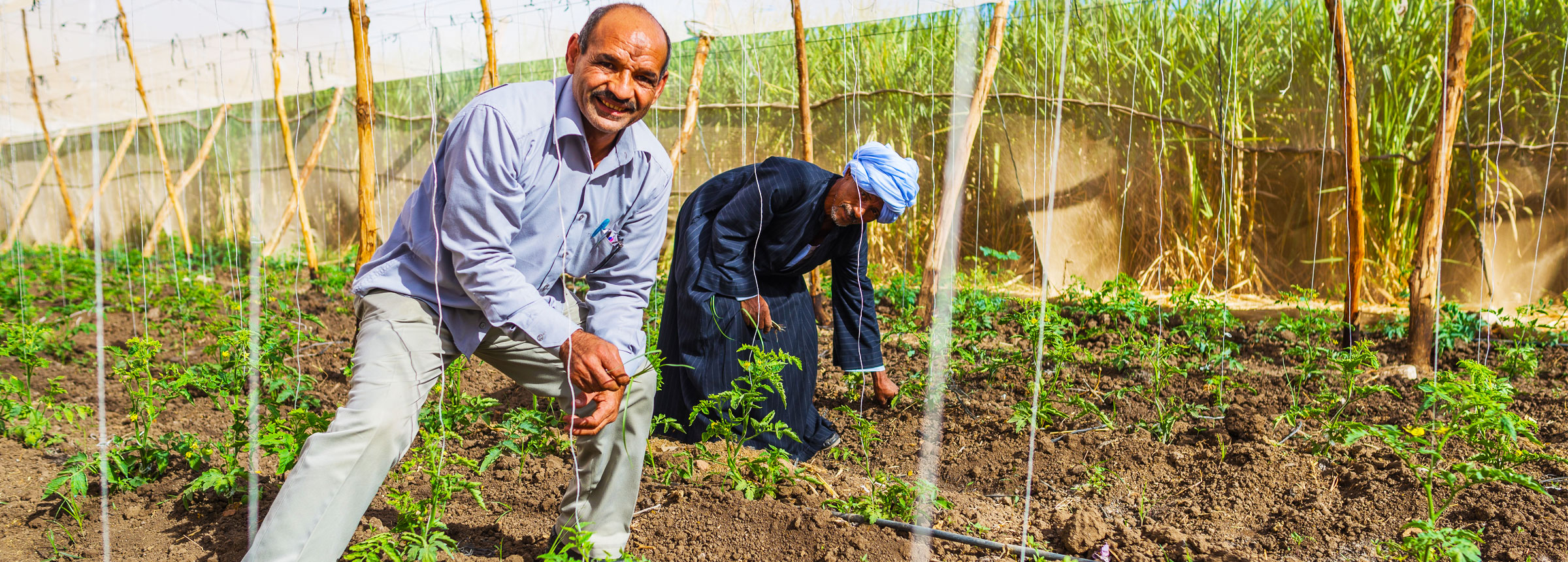Projects
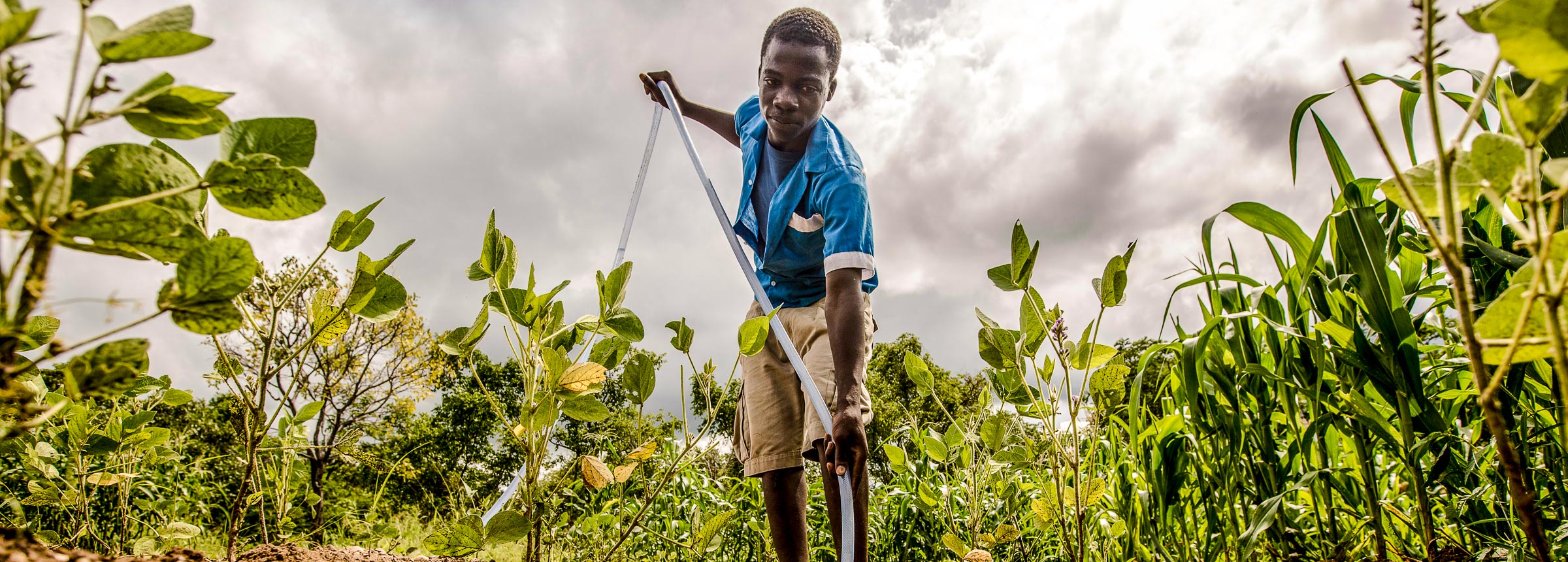
ARISE
Social and economic factors push many children in Africa and Southern Brazil out of classrooms and into tobacco fields and other forms of child labor. This robs children and entire communities of the chance to forge a better future. Building on the initial successes of the Achieving Reduction of Child Labor in Support of Education…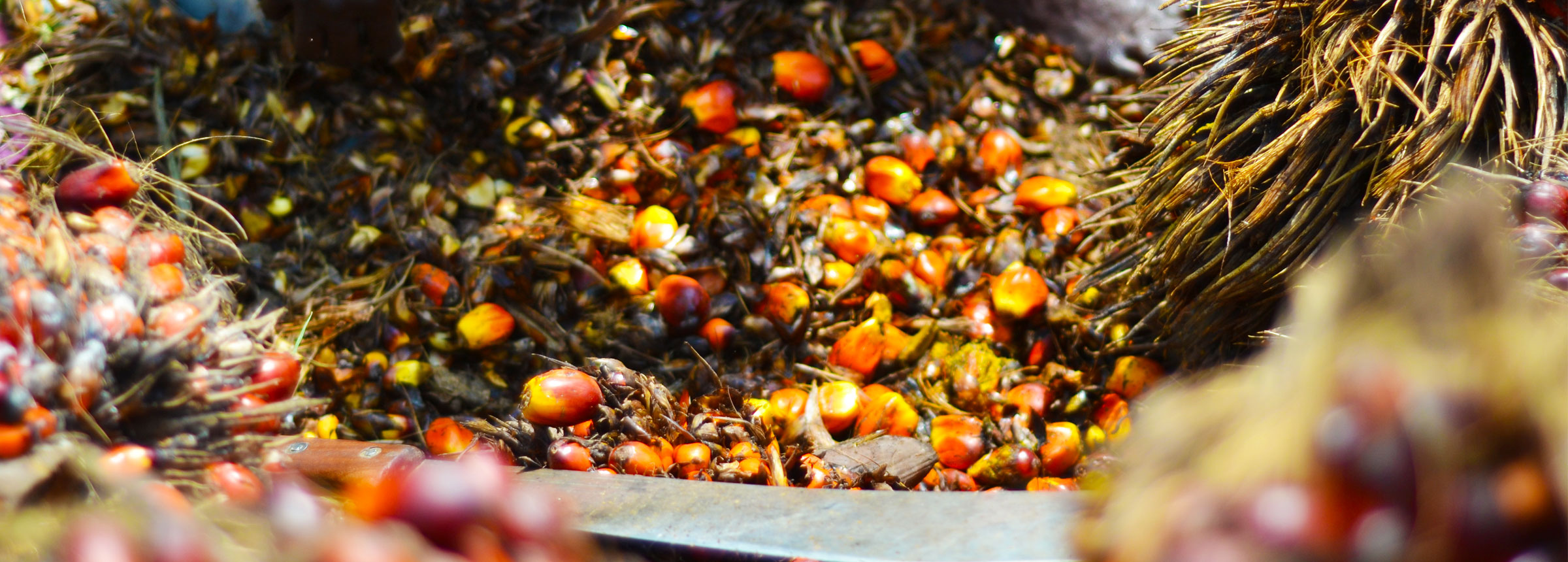
HCS Allometric Equations
There is a measurable impact on greenhouse gas emissions when forests are cut down and replaced with plantations. As a contributor to the High Carbon Stock Study, a sustainability initiative launched by growers, traders and other stakeholders in the palm oil industry, Winrock reviews existing tools and equations used to measure the impact of turning […]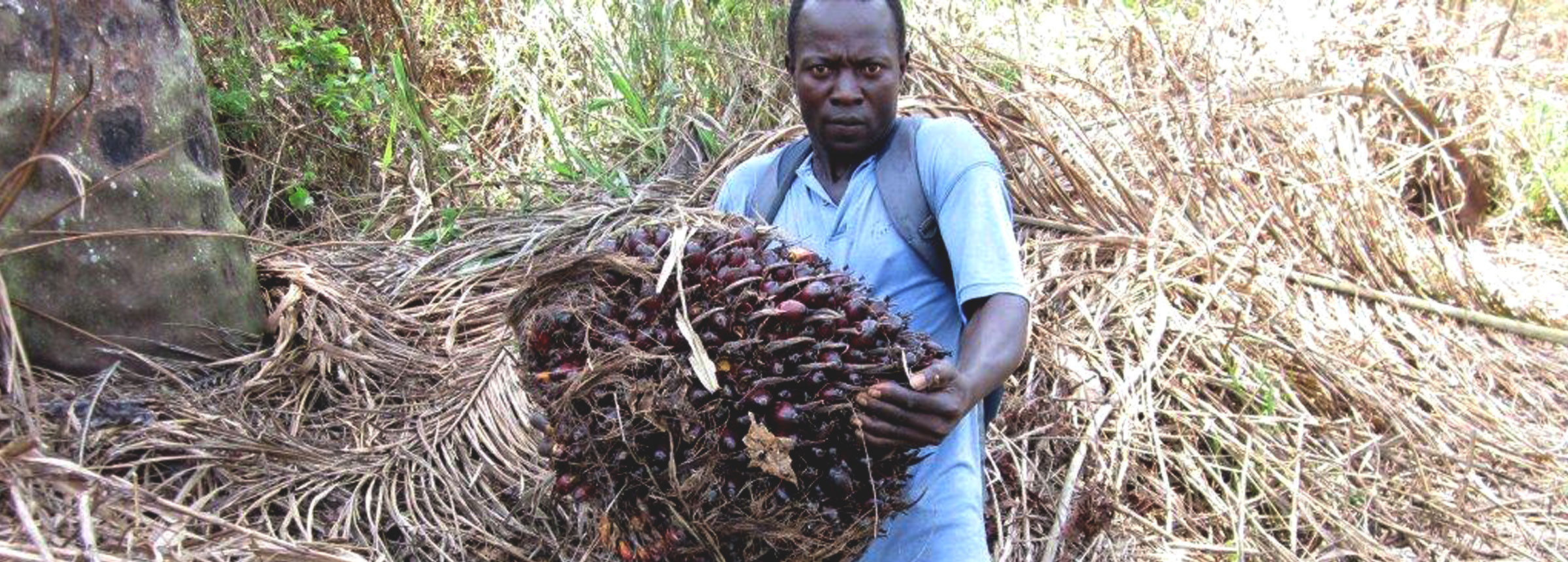
Liberia SHOPS II
The palm oil industry has provided economic opportunity to small farmers in the West African nation of Liberia. To build on the progress and benefit even more smallholders, this program works to open up new markets and expand the products that can be made from oil palms. The project also emphasizes the importance of sustainable […]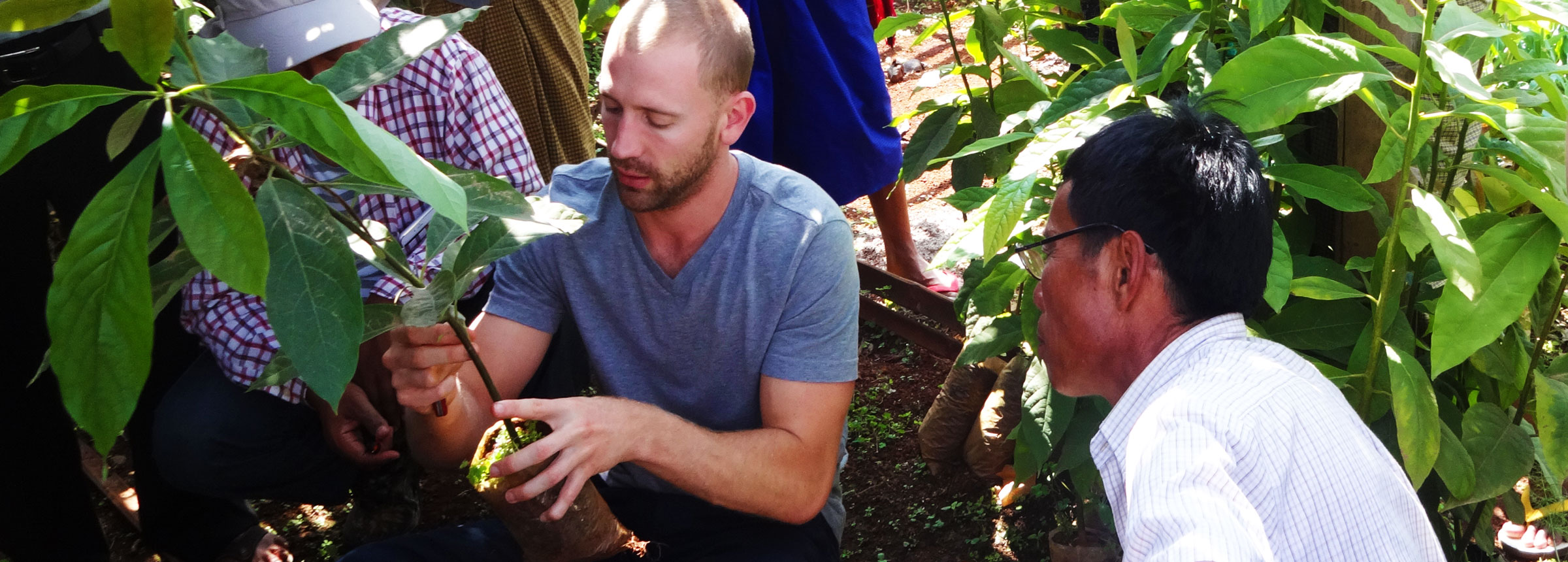
Asia Farmer-to-Farmer
Credibility and practical know-how are at the core of this program connecting U.S.-based volunteer farmers and agricultural experts with Asian universities, government training centers, and individual farmers. Through instruction and hands-on training, thousands of Asian farmers, university professors, youth, and extension agents learn about practices and technologies that can boost agricultural productivity in their countries,…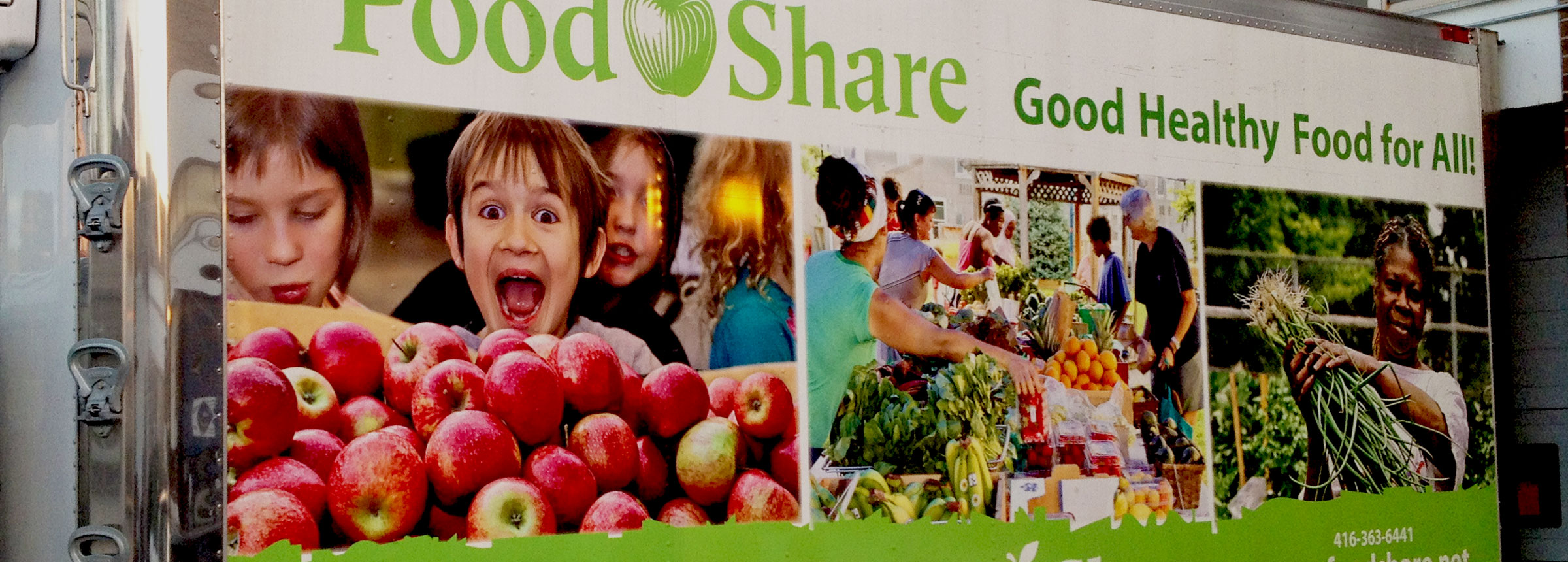
Nourishing Networks
Even the most determined individual farmer couldn’t meet an entire community’s demand for locally produced food. Strong local and regional food systems require a movement that includes farmers, consumers, wholesalers, retailers and anyone else motivated by the social, economic and environmental benefits of local food. Through mentoring, group training and technical assistance, The Wallace Center…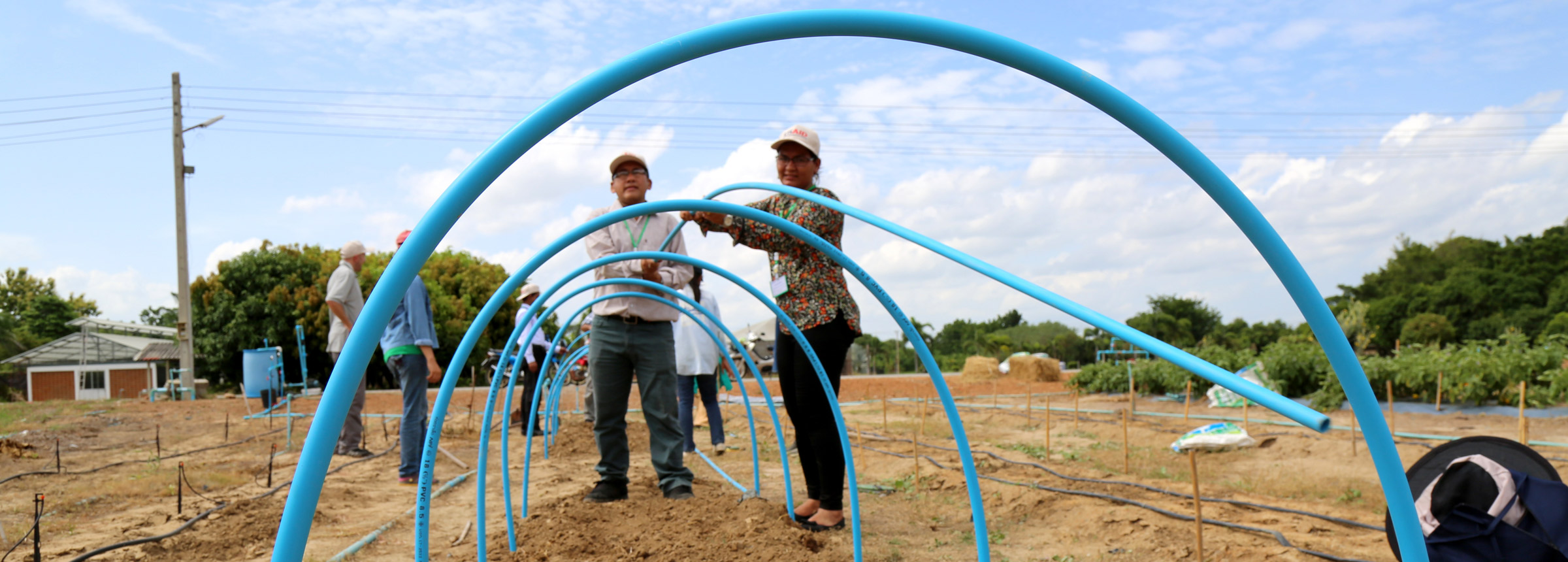
Feed the Future Asia Innovative Farmers Activity (AIFA)
Despite tremendous progress, farmers in Asia continue to grapple with two major challenges: food insecurity and poverty. By accelerating the transfer and adoption of innovative agricultural technologies, this USAID-funded Feed the Future program gives smallholders in South and Southeast Asia the knowledge and resources they need to grow more crops and earn more income.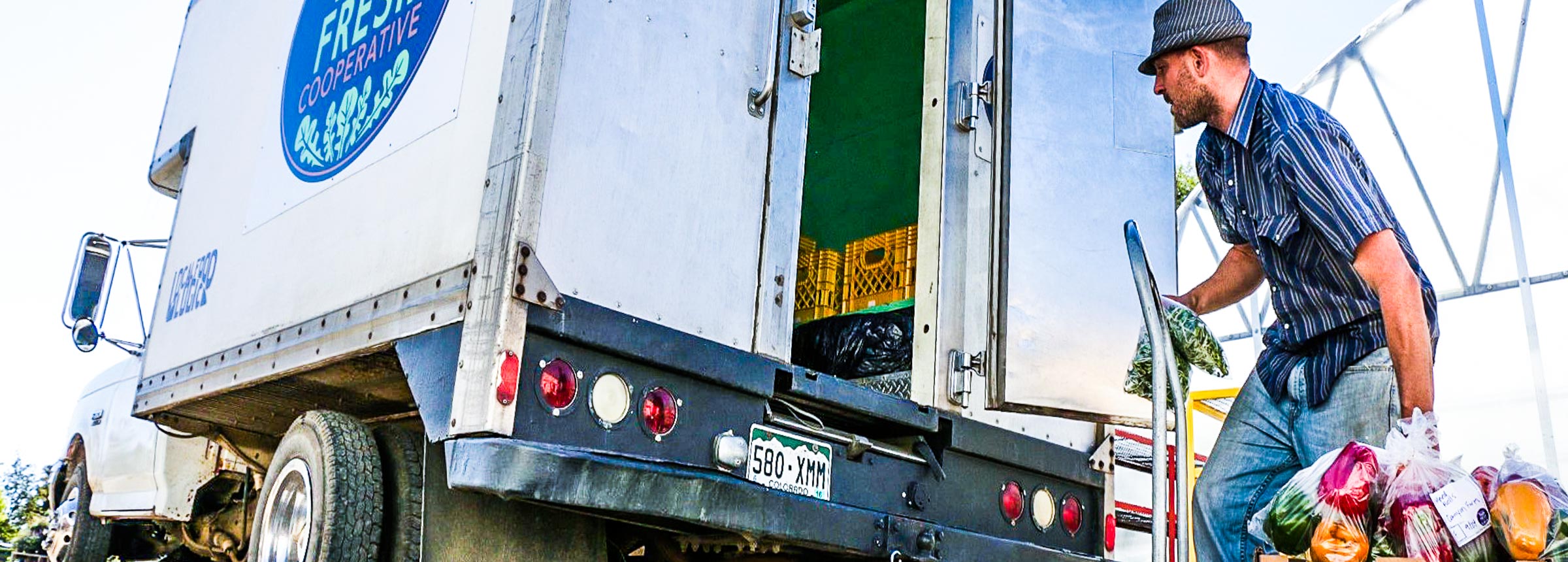
Regional Food Systems Development
The local food movement is improving the health, economies and environment of communities around the country. But for the benefits of healthy and sustainably grown food to reach more Americans, changes throughout the food chain are required. The Wallace Center’s National Good Food Network helps build regional food hubs that allow all participants in the…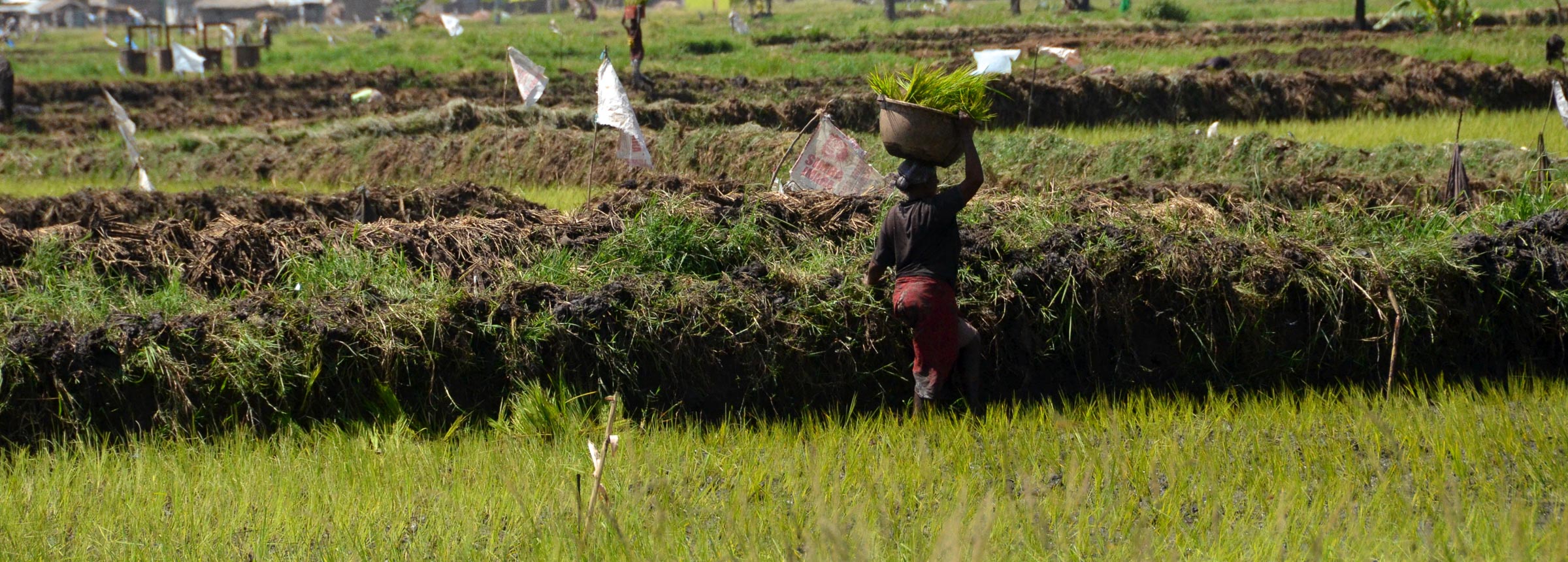
PIRK II
Rice is critical to the food security and economy of the Democratic Republic of the Congo’s capital city of Kinshasa. This USAID-funded program aims to improve the local rice supply chain through a variety of steps; these include increasing the productivity of small farmers, improving post-harvest processing and handling of rice and strengthening farmer associations…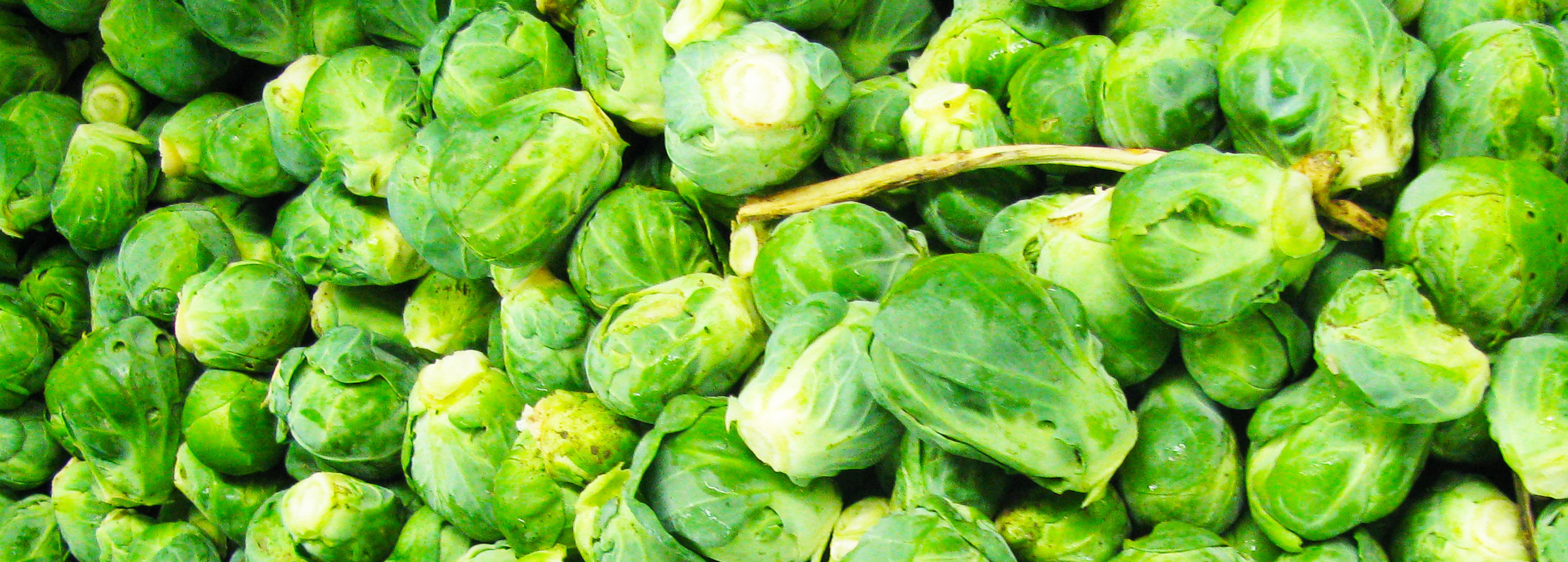
Building Food Safety Information Technology
Delighting consumers isn’t the only key to the success of regional and local food hubs; farmers also have to follow the USDA’s food safety regulations. Technology offers the possibility of an effective, efficient and hassle-free way to ensure compliance. The Wallace Center at Winrock International is working with growers, USDA and technology company FoodLogiQ to…